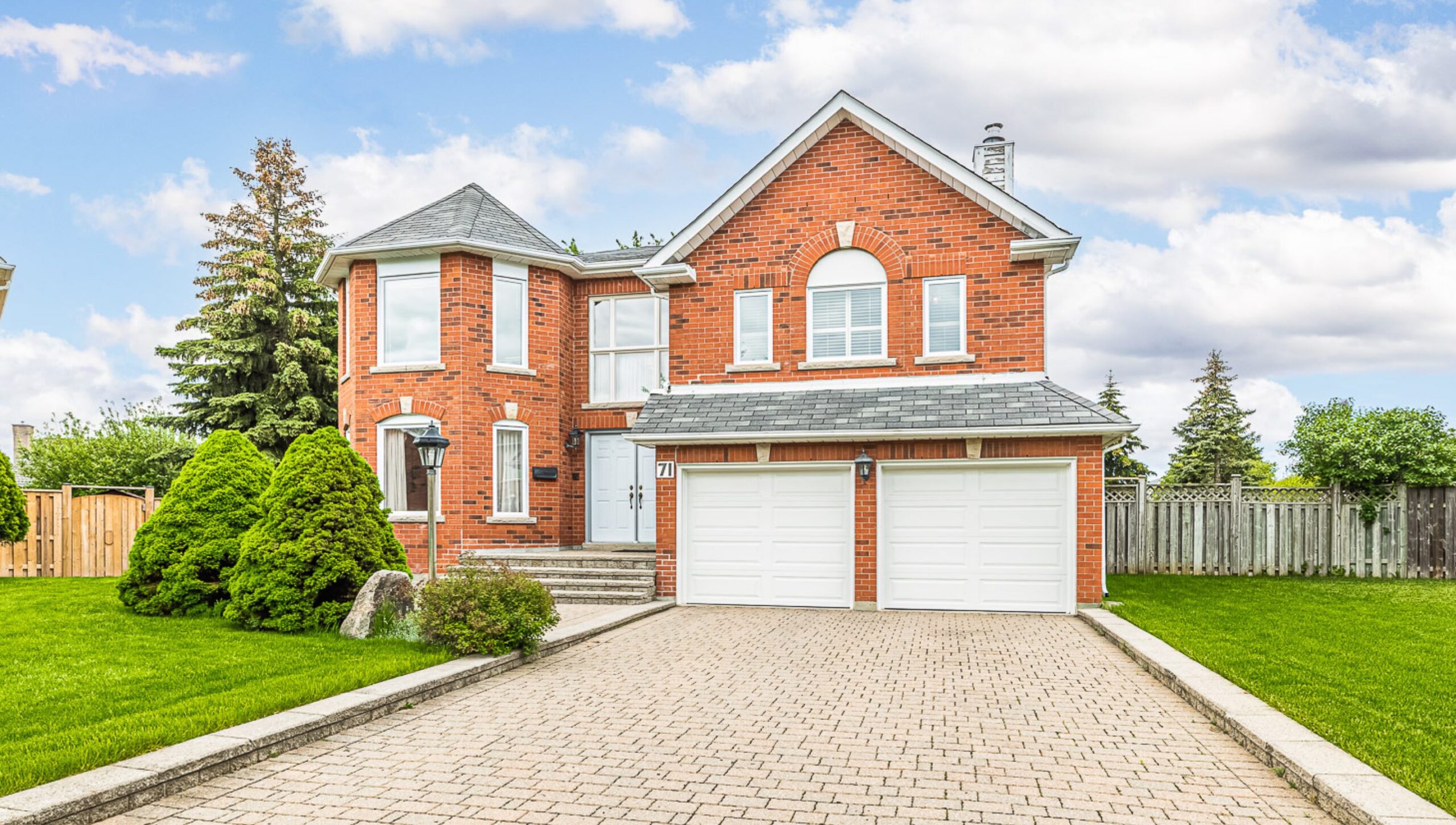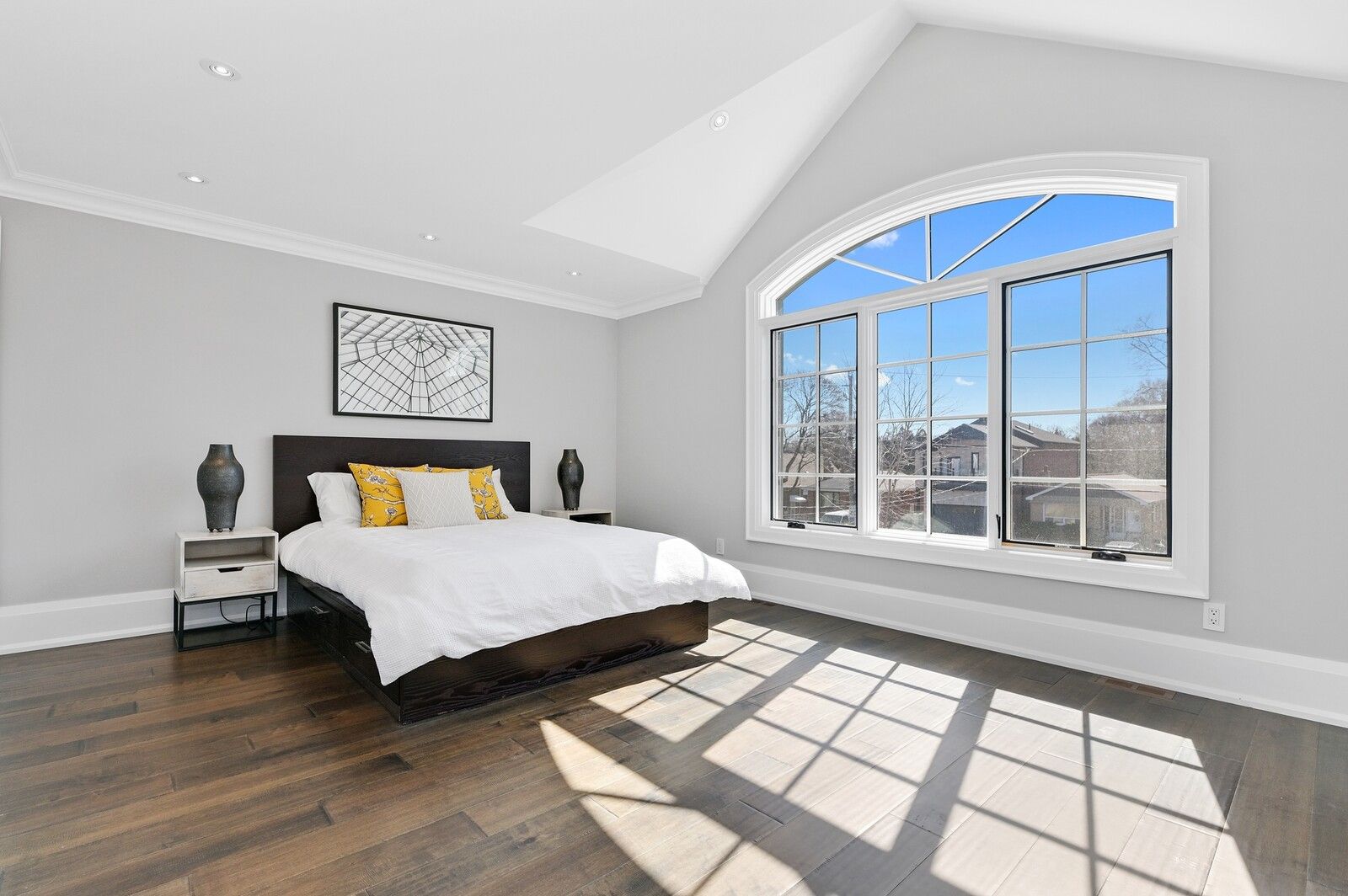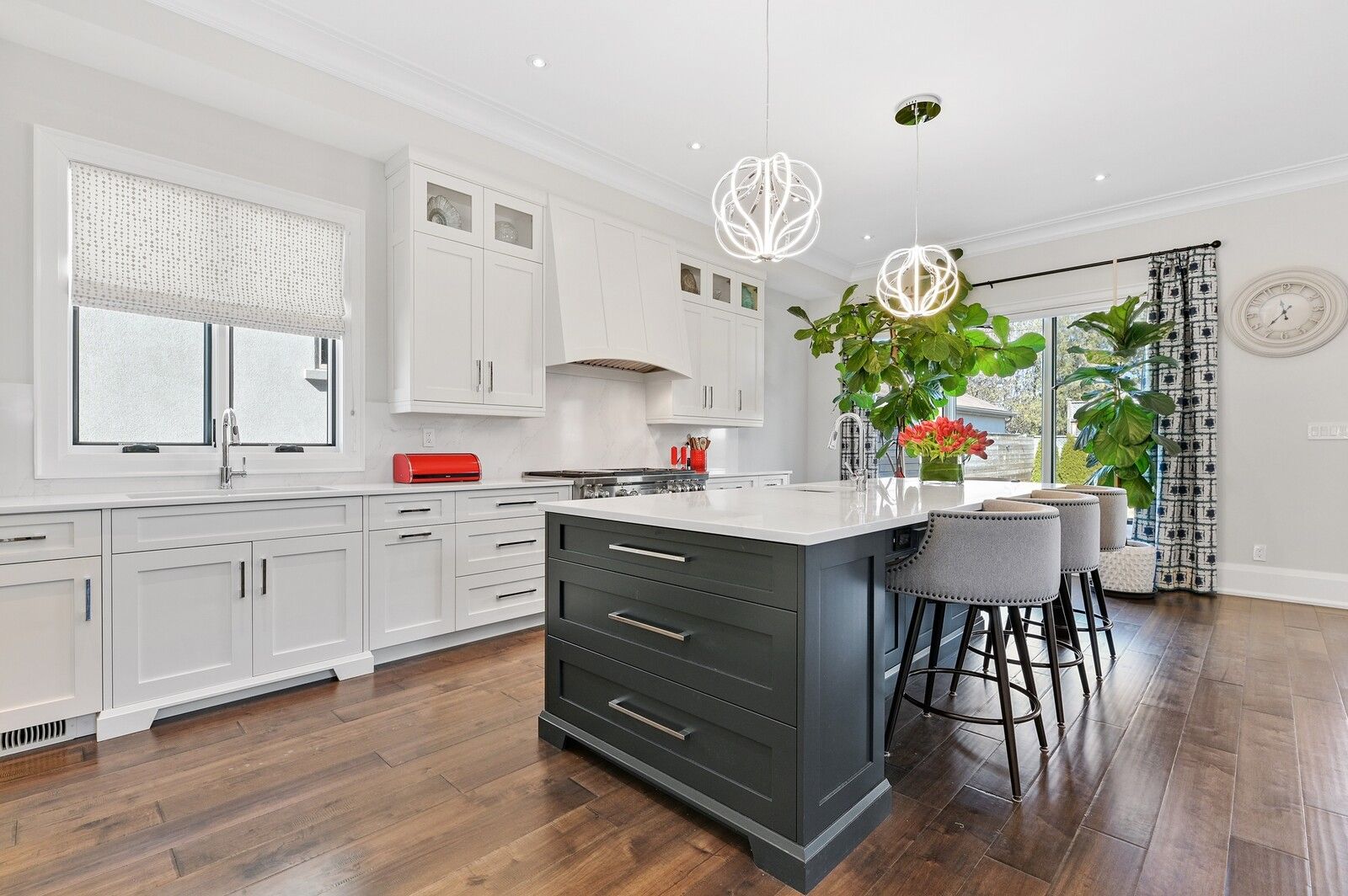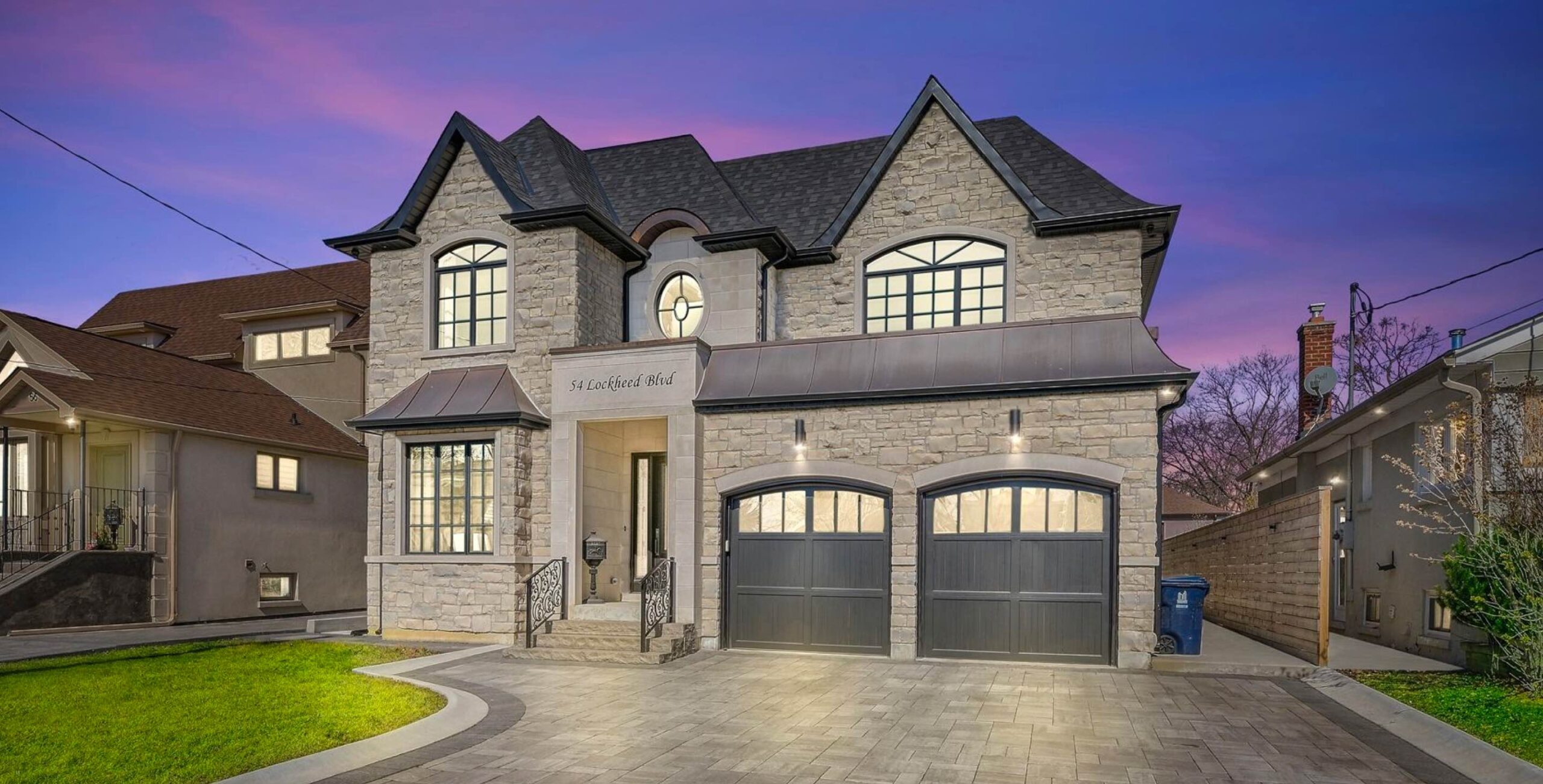Preparation
Once we’ve shortlisted the best potential homes and you’ve chosen one to bid on, I’ll help you put together an offer that both protects your interests and stands out to the seller.
After your offer is accepted, I’ll be there to manage the closing of your purchase, prepare and facilitate your move, and help with your transition into your new home and life stage.
Dedication
I know that there can be a lot of time between the feeling of needing to move, and being ready to move. There’s a lot to consider, and deciding to make such an important purchase shouldn’t be made in haste. I’m always available to you no matter the step you’re at, ready with expert advice and professional insight.
Once you decide to enter the market, I’ll go wherever you need me to be in the city to find your dream home. Creating strong relationships with my clients is what drives me, so my commitment is to you, not a location.
Your property purchase is always my primary focus. I work directly with you throughout your transaction, from pre-approval to close, so you’re never handed off to someone less experienced or unfamiliar.
Frequently Asked Questions

Yes, I am certified as a SRES (Seniors Real Estate Specialist). As a dedicated agent, I’m always developing my skills and certifications to better serve my senior clients and help them buy their next home. You can read more about how this designation benefits my clients on this blog post.
I’ve also built a downloadable guide full of resources for people 60+ looking to buy a home.
Borrowing from your own RRSP is an option. The RRSP Home Buyers’ Plan (HBP) is a program that allows you to withdraw funds from your registered retirement savings plan (RRSP) to buy or build a qualifying home for yourself or for a related person with a disability. You can withdraw up to $35,000 in a calendar year. If you and your spouse both qualify, the maximum amount is $35,000 per spouse or $70,000.
- Generally, you have to repay all withdrawals to your RRSPs within a period of no more than 15 years. You will have to repay an amount to your RRSPs each year until your HBP balance is zero. If you do not repay the amount due for a year, it will have to be included in your income for that year.
- You must be a first time buy or have not owned a home anywhere in the world in the last five years.
- You must intend to reside in the qualifying home as your principal place of residence no more than one year after buying or building it.
- Your RRSP HBP balance must be zero on January 1 of the year of the withdrawal.
- You must be a resident of Canada at the time of withdrawal.
- You have to receive all funds in the same calendar year.
- Withdrawals cannot be from a Locked-In or Group RRSP.
Various lenders have different minimum requirements, but you can buy a home with as little as 5% down. If your down payment is less than 20%, you will need to purchase insurance from CMHC or another insurer. It basically insures the lender in the event you default on the mortgage. If you can, it’s always better to put down enough, so this extra expense won’t be necessary. The premium could be several thousand dollars.
The good news is NO, you only pay once, even if the equity in the house is less than 20% at renewal.
Lawyer fees vary, and there are disbursements (money paid out on your behalf by a lawyer), title insurance, property appraisal fees, condo status certificates, land transfer tax, and possibly interest on the mortgage, depending on your closing date and mortgage payment dates. Plan to save 1.5-3% of your home purchase.
I can refer you to a wide variety of professional service providers that I know and trust, to help you.
In short, yes.
Generally calculated based on unit size, your monthly condo fee is your percentage share of the cost it takes to run the building. This includes such things as utilities, window washing, garden maintenance, snow removal, security/concierge, parking, etc. A percentage of this fee will be allocated to a contingency fund, reserved for unforeseen issues with the building such as roof, heating, or plumbing repairs. Your building’s management is—by law—a not-for-profit company and therefore fees collected must cover building maintenance and contingencies, and not a penny more.
In certain buildings, utilities can be controlled and calculated on a per unit basis, in this case, condo fees cover common maintenance only. Your building’s amenities package also contributes to your monthly cost and fees will vary based on whether you have access to things like a gym, pool, rooftop patio, 24-hour security, or indoor parking. As you can imagine, a building with a variety of amenities is more costly to run. That being said, new buildings tend to have lower condo fees than older buildings as their recent construction is often more efficient.
The idea is for fees to remain on par with what it would cost you to own a home of a similar size, price range, and neighbourhood. Toronto condo fees average between $0.50 and $0.70 per square foot. The per square foot total is an important calculation to pay attention to. If you’re comparing two or more buildings when looking to purchase a condo, always ask for a list of services that condo fees cover to aid in your decision.
In some buildings, it is possible to opt-out of certain services (eg. parking), however it’s always good to keep your re-sale value in mind. Even if you don’t require a parking space, it will likely be an attractive feature when the time comes to sell.
Beware of pre-construction condos that offer monthly fees much below $0.50 as there have been reports of builders setting rates low in year one to entice buyers, and then subsequently raising fees significantly in following years. That said, it is absolutely normal and expected for your building to re-visit the maintenance budget each year and adjust your fees accordingly.
YES!
- When you buy a newly-built condo, you have the right to cancel the purchase within a 10-calendar day cooling-off period (the clock on this 10-day period starts from the time you receive a copy of the fully signed purchase and sale agreement or the disclosure statement (see below)—whichever comes later).
- You also have the right to cancel a sales agreement within 10 days after any “material change” (i.e. a significant change) to the disclosure statement.
- If you exercise your right to cancel, the developer must refund any deposit plus any interest that may be payable.
- If you make a deposit, the developer must make sure that it is held in trust.
- A developer can’t terminate your purchase and sale agreement without your consent or a court order.
- Like all new home purchases, newly-built condo units are covered by the Ontario New Home Warranties Plan Act, which is overseen by Tarion.
The developer must provide you with a disclosure statement that includes:
- A general description of the property (e.g. the land and buildings perimeters and unit boundaries).
- The number of units the builder intends to lease: if a builder intends to keep ownership of a block of units, they will also become a unit owner and can have control over some affairs of the condo corporation (the Condominium Act does not set limits on the number of units a single purchaser can buy).
- Estimated start and end dates for the construction of amenities that are not completed.
- The condo corporation’s current budget: the developer has to release the estimated revenue and expenses for the first year of operation, and should show costs for things like staff, maintenance and utilities (this information will allow you to plan for your monthly condo fees in that first year. Monthly condo fees can increase if the developer defers some expenses and does not include them in the first-year budget)
- The condo declaration: contains the condo’s fundamental rules, sets out the definition of units and common elements (including percentage owned by you), and shows how much each owner must pay in monthly condo fees
- Condo by-laws, rules and restrictions: they will set out any restrictions on how you can use your unit or the common elements (e.g. they may restrict the size or number of pets, the colours you can use for shades/blinds, require you to file certain documents with the corporation if you want to rent your unit, etc.)




